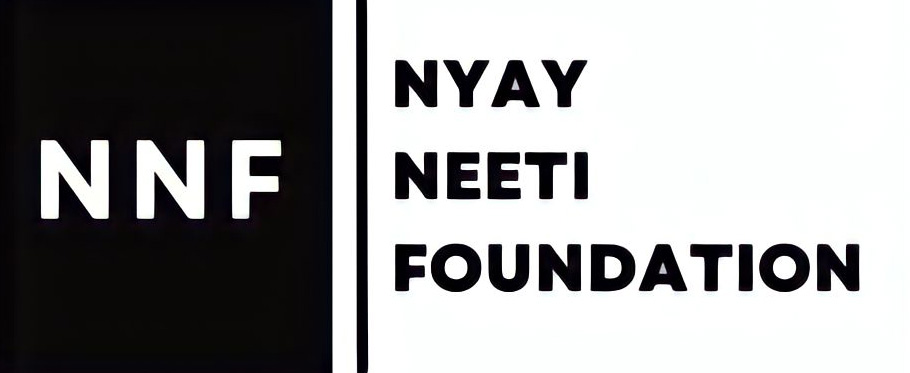Digital Rights & Privacy
Our Vision
Through Justice Puttaswamy (retired) & Ors v Union of India, the country’s judicial system entered into a new era of jurisprudence. On the 24th of August, 2017 the Supreme Court’s nine Members Constitutional Bench unanimously upheld that the Right to Privacy is an inalienable right percolated from Article 21 of the Indian Constitution.
Discussion over privacy has a great history since the 17th century. In the pre-information technology era privacy, and related issues were less debated in India. Before starting the arguments in the Puttaswamy case the existence of a fundamental right of privacy was in doubt in view of two decisions: the first M P Sharma v Satish Chandra, District Magistrate, Delhi was rendered by a Bench of eight judges and the second, in Kharak Singh v State of Uttar Pradeshwas rendered by a Bench of six judges. Each of these decisions contained observations that the Indian Constitution does not specifically protect the right to privacy. In Puttaswamy Hon’ble Justice Chandrachud observed that “The jurisprudential foundation which held the field sixty-three years ago in M P Sharma and fifty-five years ago in Kharak Singh has given way to what is now a settled position in constitutional law. Firstly, the fundamental rights emanate from basic notions of liberty and dignity and the enumeration of some facets of liberty as distinctly protected rights under Article 19 does not denude Article 21 of its expansive ambit. Secondly, the validity of a law which infringes the fundamental rights has to be tested not with reference to the object of state action but on the basis of its effect on the guarantees of freedom. Thirdly, the requirement of Article 14 that state action must not be arbitrary and must fulfil the requirement of reasonableness, imparts meaning to the constitutional guarantees in Part III.” The Puttaswamy judgement just cleared the path into the broad jurisprudence of privacy.
Over time people started to more and more conscious about individual privacy and decisional autonomy in light of the Right to Privacy judgment. At the same time, the value of data has increased and multinational corporations have started to use every method to gather individual information to provide targeted marketing as well as to study the cognitive behaviour of the masses. More or less sci-fi dystopia is becoming a reality under the pretext of advanced AI & Deep learning.
Also, the different social media platforms are becoming part of every individual in one way or another. Nowadays it is difficult to have a life without the internet and even government services are based upon OTP (One Time Password) and internet-based biometric authentication.
We believe that there should be a balance between technological advancement and individual freedom. NNF will always try to protect individual freedom and Digital Rights in this technological era.
